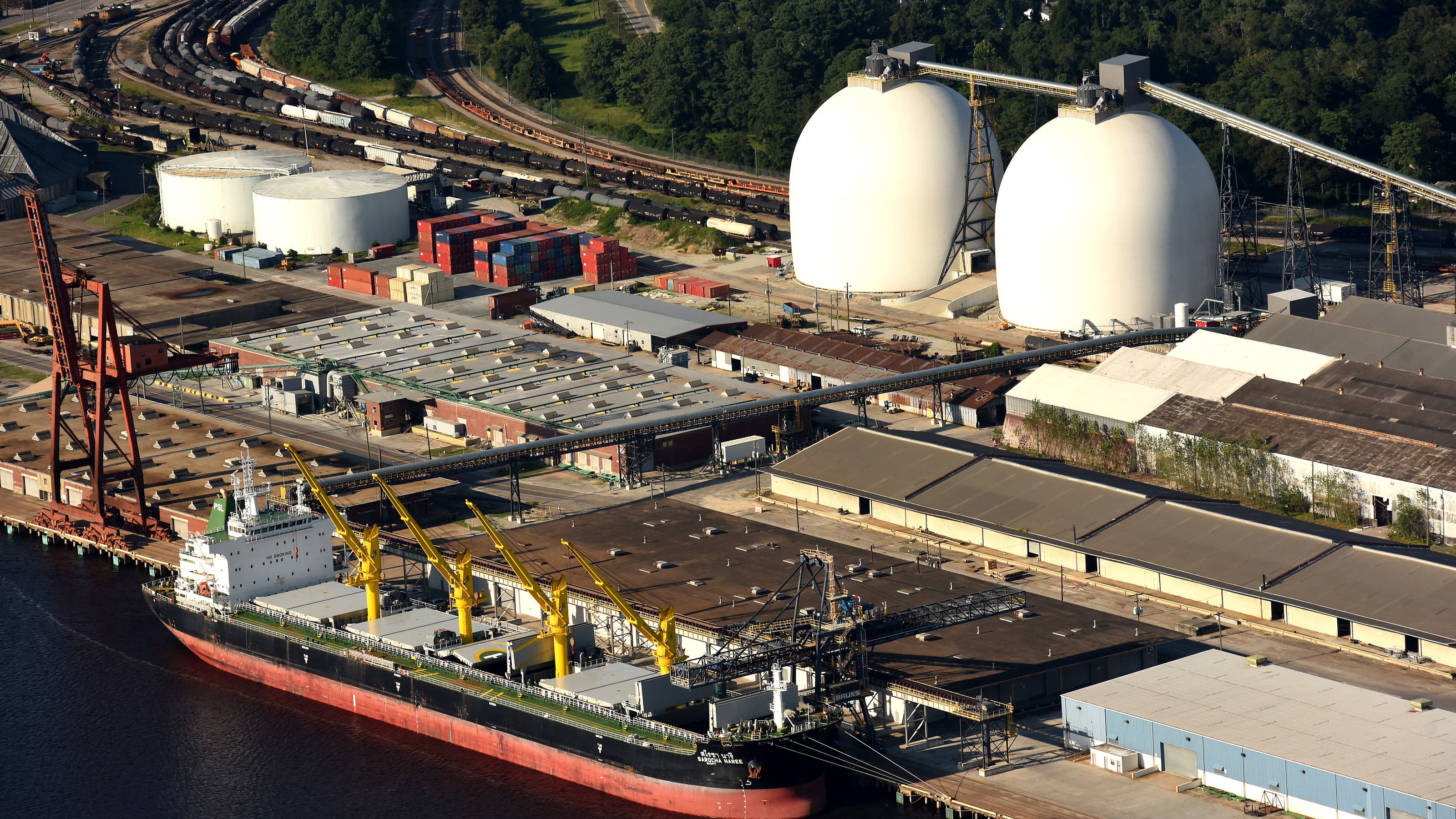Do note, the pellets produced by those plants are not home grade premium pellets, they are commercial pellets.
The swamp loggers were major not suppliers into the commercial pellet business, they predominantly cut high value older growth hardwoods from areas that previously were not commercial to harvest due to the soil conditions. Commercial pellets are made from high rotation crop tree softwoods (or imported southern hardwoods like Eucalyptus) genetically bred to grow fast and be grown like a farm crop. I think the rotation is 10 to 20 years. It can slowly deplete the soil as the ash gets spread on crops in England where the pellets are burnt so the long term soil nutrients that normally are recycled are depleted.
England has just announced they are installing carbon capture on their wood fired power plants to keep the charade up longer.
https://www.reuters.com/sustainabil...s-surround-biomass-based-removals-2023-10-23/
Unfortunately for all the shut down biomass power plants in Northern New England, there is no place to sequester CO2 so they cannot be retrofit for carbon capture. Trees grow faster down south, so I would not be surprised if some old coal plants get converted over like the English Drax plant.


